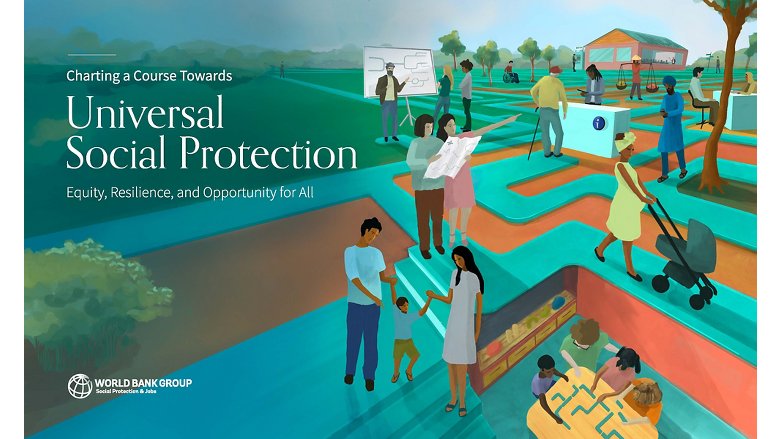COVID-19 has hugely disrupted economies and societies across the globe. In addition, the threat of climate change, conflict and fragility, demographic shifts and rapid technological innovation make effective social protection, especially for the poorest and most vulnerable people, crucially important—now more than ever.
How countries make progress towards USP varies according to political and economic factors specific to each country, but in all cases, building fiscal space and institutional capacity are essential prerequisites.


